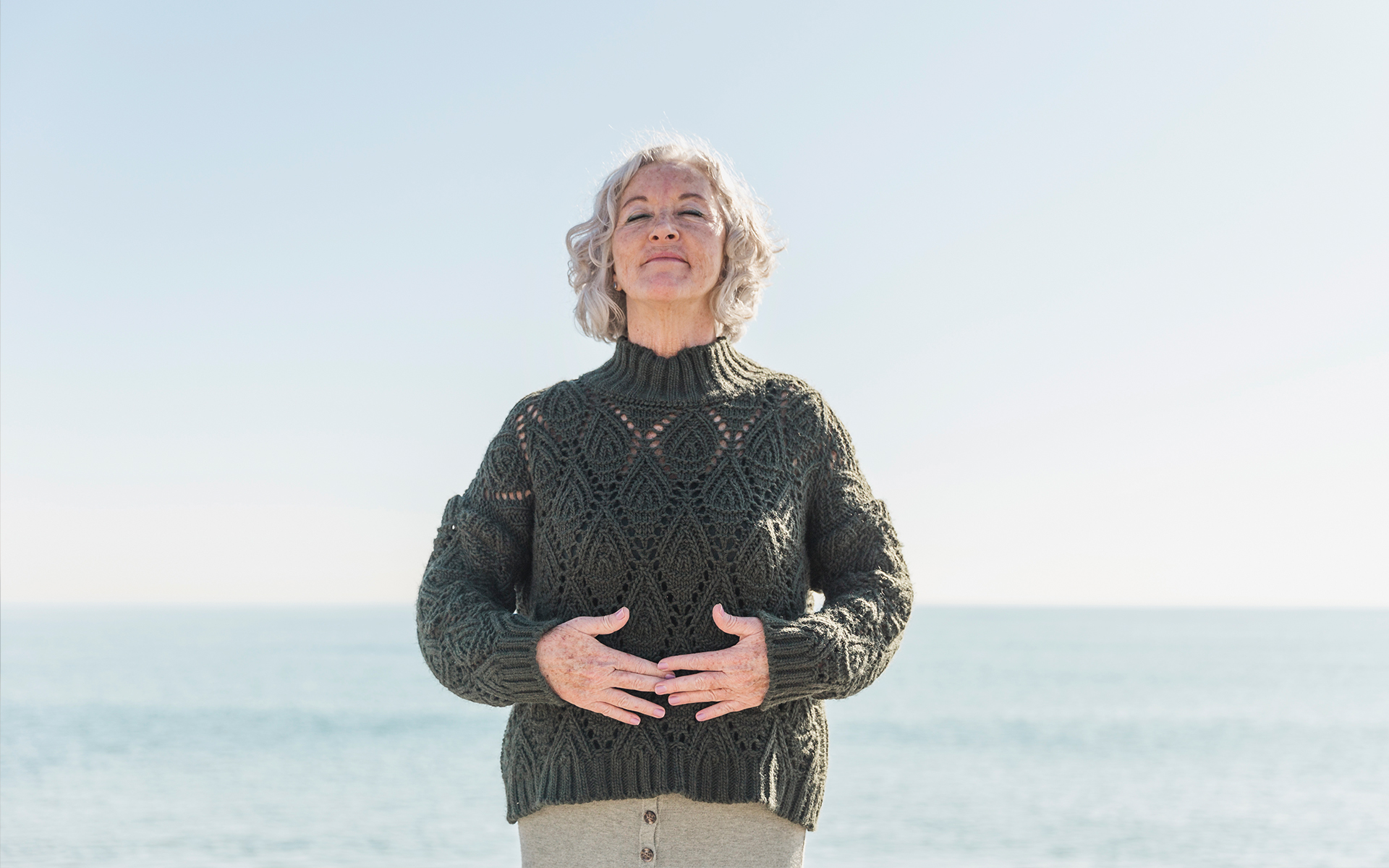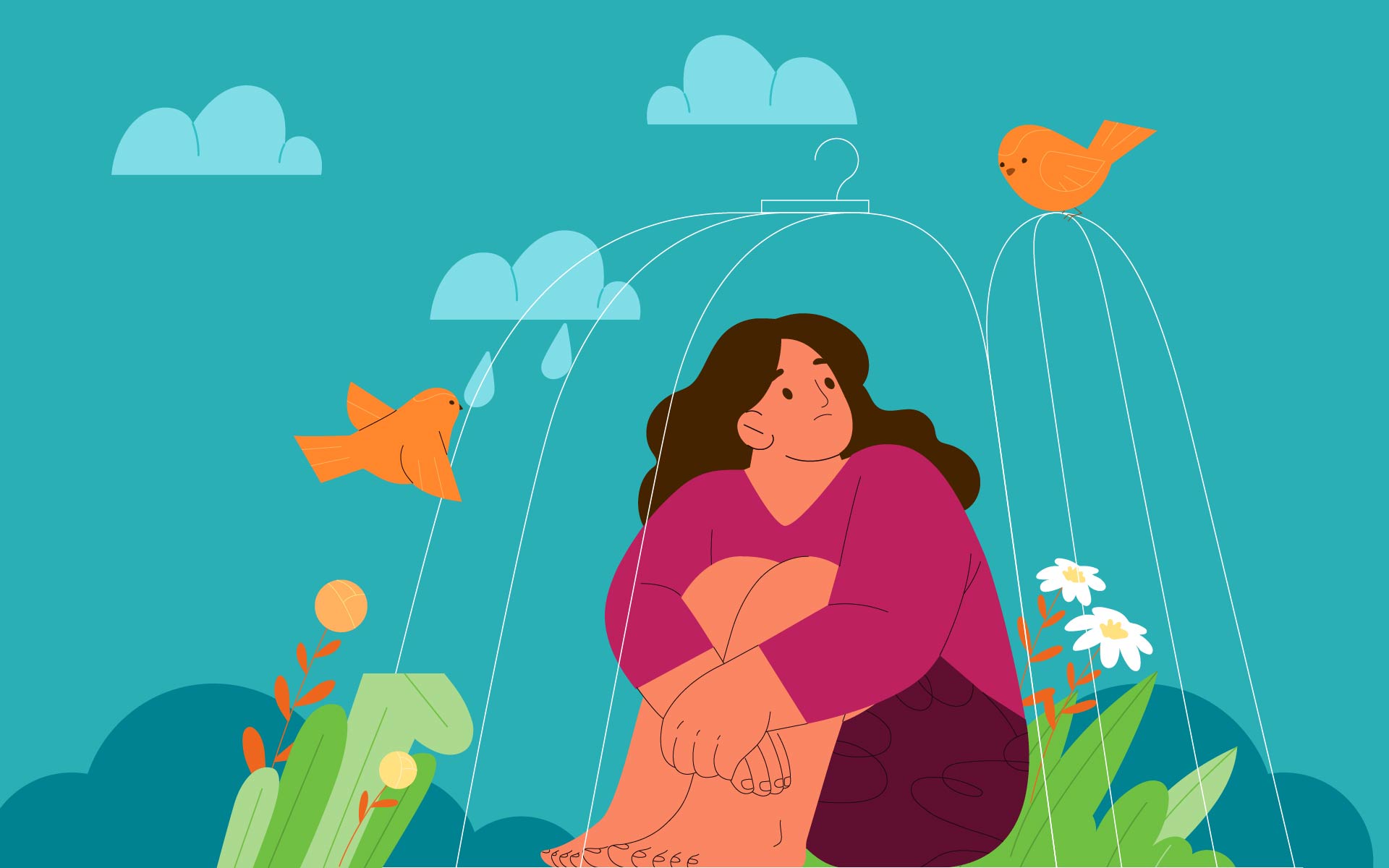Silence: A Social History of One of the Least Understood Elements of Our Lives
Jane Brox • Houghton Mifflin Harcourt
An author fascinated by the fundamental aspects of life, Jane Brox has written about family, farmland, and light—all to great acclaim. She is a micro-historian with a farmer’s feel for the value of getting dirt under your fingernails to get to the heart of the matter. Using the modern technique of alternating and intertwining stories, Brox reports on silence as a means of reform in early penitentiaries (thought to be more humane than corporal or capital punishment) and as a means of spiritual development in the monastery.
Silence as means of redemption for criminals is largely a story of the dark side of silence. The prohibition against speaking revealed a deep need to give voice and to commune with others. It was being silenced rather than finding peace within silence: punishment, not reformation.
Brox leaves us to contemplate the interplay between quiet and community, between a silence born of deep listening and one born of wanting others to shut up.
The dark side is also explored in chapters on the silencing of women’s voices. English law, brought to the early American colonies, meted out punishment to women for “talking too much or too publicly, or in a tone of voice that seemed grating or nagging,” Brox writes, sharing the English legal definition of a scold: “a troublesome angry woman who, by her brawling and wrangling among her neighbors, doth break the public peace and beget, cherish, and increase public discord.”
When Brox turns her historical lens to spiritual silence, we find the key difference between silencing and reveling in silence is community. Monastic orders live together in intimate communion. Only rarely are monastics cut off from others completely, and usually only for defined periods.
Having juxtaposed silence in two very different forms, Brox leaves us to contemplate the interplay between quiet and community, between a silence born of deep listening and one born of wanting others to shut up.
A Walking Life: Reclaiming Our Health and Our Freedom—One Step at a Time
Antonia Malchik • Da Capo Press
It’s undeniable that the ability to walk upright has shaped our species. Not just what we can do and where we can go, but what our interactions look like, how we exercise our autonomy, what we need to develop and thrive in every aspect of our being. In A Walking Life, Malchik looks at these factors and more, showing the significance of walking at various historical moments—and arguing that what it really means to “walk” also includes people with illness or disabilities who have devised countless ways to move through the world. She’ll make you pause over many current lifestyles that, alarmingly, involve precious little time on our feet.
Change Your World: The Science of Resilience and the True Path to Success
Michael Ungar • Sutherland House
Social worker, family therapist, and Canada Research Chair in Child, Family, and Community Resilience, Michael Ungar knows whereof he speaks when it comes to how important environment is to health and well-being. How resilient will you be if you’re hungry, poorly educated, and have little access to good employment? And self-help drives him crazy: It makes people think there’s something wrong with their brain that they must fix. He makes a great point. What’s a little puzzling is why Ungar thinks mindfulness practice has nothing to do with seeing what needs to be changed in “your world.” In his view, mindfulness is an unproven way to trying to fix ourselves instead of our environment, and those of us who love it should give it up. Perhaps, though, if this is the impression we’re leaving, we need to up our game.
Rhonda V. Magee • Tarcher Perigree
Early in this book, Rhonda Magee tells a little story that both breaks your heart and potently illustrates why she has devoted her life’s work to getting to the heart of bias and helping undo its deleterious effects. She recounts the first time she came to see fully how other people could view her in a completely different light than she and her family viewed her. She saw that there was a wall dividing people—a wall that could be nearly invisible until you bumped up against it.
Magee has brought together experience as a law professor and a longtime practitioner of mindfulness—and training as a mindfulness teacher—to host classroom conversations about race, privilege, and bias that few of us ever take part in, particularly in a mixed-race context. She’s learned a lot from years of this kind of hands-on work. For one thing, it has taught Magee that color blindness is an unhelpful concept for promoting equity and justice. Despite the fact that race is “socially constructed” and ultimately a “fiction,” our perception of significant differences is unmistakable, so we cannot be “blind” to color. That’s simply a prescription for being blind to our biases.
Instead, Magee teaches and practices what she calls ColorInsight, using contemplative practices to peer into and beyond our biases. It starts from a view that we are deeply interconnected, but need to “take a long (lifelong), loving (heartful and compassionate) look at racism,” where “staying in our discomfort” can be “an important part of healing and transformation.” Through instruction, stories, history (both legal and otherwise), and insight, Magee takes us on a very rewarding, vital, and timely journey.
How to Do Nothing: Resisting the Attention Economy
Jenny Odell • Melville House
In her debut book, Jenny Odell puts forward an uncommonly rich, poetic ode to the here-and-now, and a call to find belonging in it. While she critiques both “productivity-obsessed culture” and addictive tech—Odell grew up in Silicon Valley—her argument surpasses a mere list of reasons to turn off your phone. She looks to (for example) literature, art, working-class and Native American histories, experimental music, and her own experience (as an artist, art educator, and birdwatcher in the Bay Area) to illustrate the true vibrancy and potency of human attention. Naming attention as our primary resource to combat looming social and ecological catastrophe, she paints a compelling picture of why it’s urgent that we return to a sense of public, embodied space and time. “A simple refusal motivates my argument: refusal to believe that the present time and place, and the people who are here with us, are somehow not enough,” writes Odell. It’s hard not to see the inherent mindfulness of that refusal.
The Poetry Remedy: Prescriptions for the Heart, Mind, and Soul
William Sieghart • Viking Press
“Leaning in” is a phrase often used by meditation teachers to describe staying with and exploring our discomfort, rather than warding it off with a mental 10-foot pole. In this “poetic dispensary,” Sieghart presents a similarly time-tested way to lean in: through poetry. To find that someone far away has already written a poem that expresses the intensity of our own experience, he says, “is to discover a powerful sense of complicity, and that precious realization: I’m not the only one who feels like this.”
The table of contents is a list of difficulties such as Anxiety, Letting Go, Stagnation, or Rocky Relationships. Under each is a poem that speaks to it, as well as Sieghart’s gentle, perspective-giving commentary. Of course, not everyone who feels X emotion will find comfort in the same words. Still, even if you don’t usually fancy poems, you might lean in to these ones and be surprised by the balm they offer.
Podcasts
TED Talks Daily
Episode: “Ella Al-Shamahi: The Fascinating (and Dangerous) Places Scientists Aren’t Exploring”
Delving into our species’ ancient history may let us understand each other more deeply. But what if vital archaeological evidence exists in a no-fly zone? According to Ella Al-Shamahi, an English paleoanthropologist of Arab heritage, science suffers from “a geography problem.” Through the lens of her ordeal in reaching the Yemeni island of Socotra—where she and her team aim to research some of the earliest Homo sapiens to leave present-day Africa—Al-Shamahi talks about the institutional barriers that often prevent Western researchers from studying in regions deemed politically unstable. Some of these places, nevertheless, offer a great deal to learn about the climate crisis, extinction, and the human journey. Instead of having to completely avoid the unknown, she says, scientists can take measures to greatly mitigate risk when they’re on foreign soil. And by strengthening scientific collaboration across borders, she adds, it becomes more feasible to focus on what we globally share, rather than what seems to divide us.
On the Media
Episode: “Uncomfortably Numb”
Journalist and media analyst Brooke Gladstone talks with experts about a few current events and questions some of the ways we’re seeking to protect ourselves from grief, helplessness, and fear. First up: By constructing an alternate (if totally out-there) version of reality, conspiracy theorists believe they know the world better than the rest of us. Ironically, for them, their “fantasies” lend “a sense of order” to the chaos. Meanwhile, many climate scientists struggle with being on the front lines of comprehending climate change. Even more than non-scientists, their mental health can suffer from the gravity of what’s happening to the planet. Then, there’s the “Brexit anxiety” that nearly two-thirds of Brits are feeling, and a problem doctors tend to treat as an individual medical issue—never mind that it’s a natural response to the tense political environment. Gladstone ends on the idea that we can counteract numbness by claiming space for ourselves to simply be. It’s in claiming these pockets of freedom that we may discover cracks for the light of change to seep in. (See also How to Do Nothing, reviewed on page 74).







